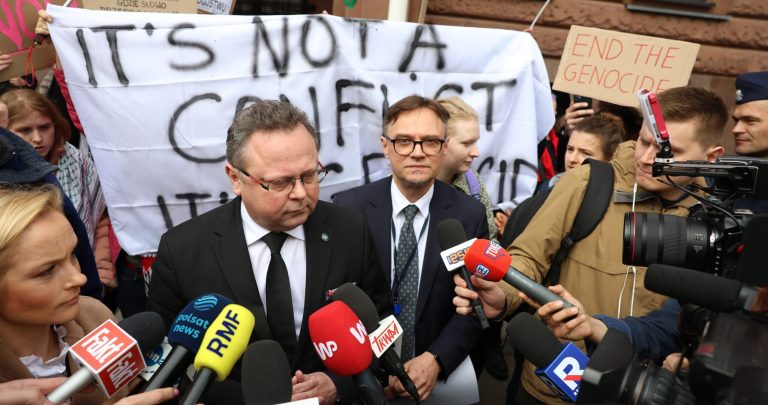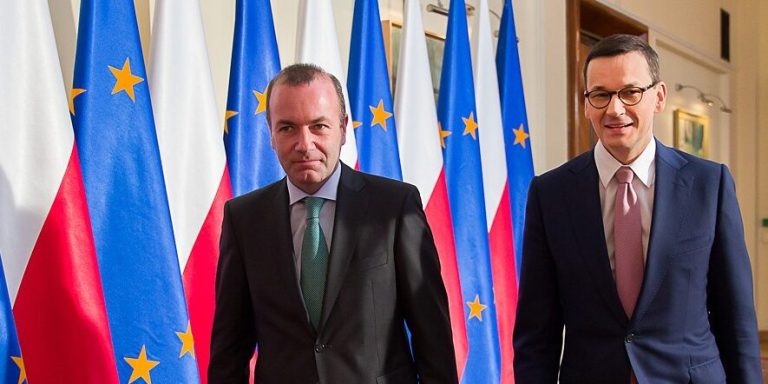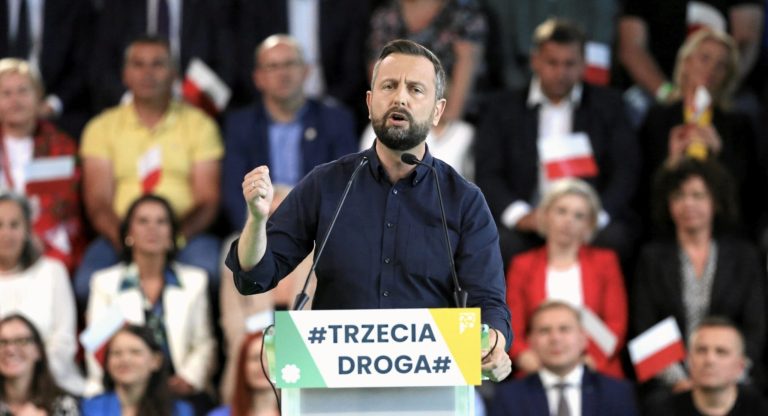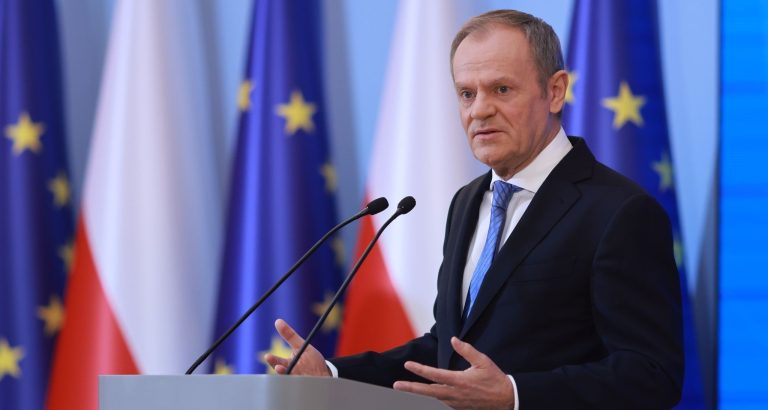Catholic church calls for dialogue with new government on proposed changes to school religion classes
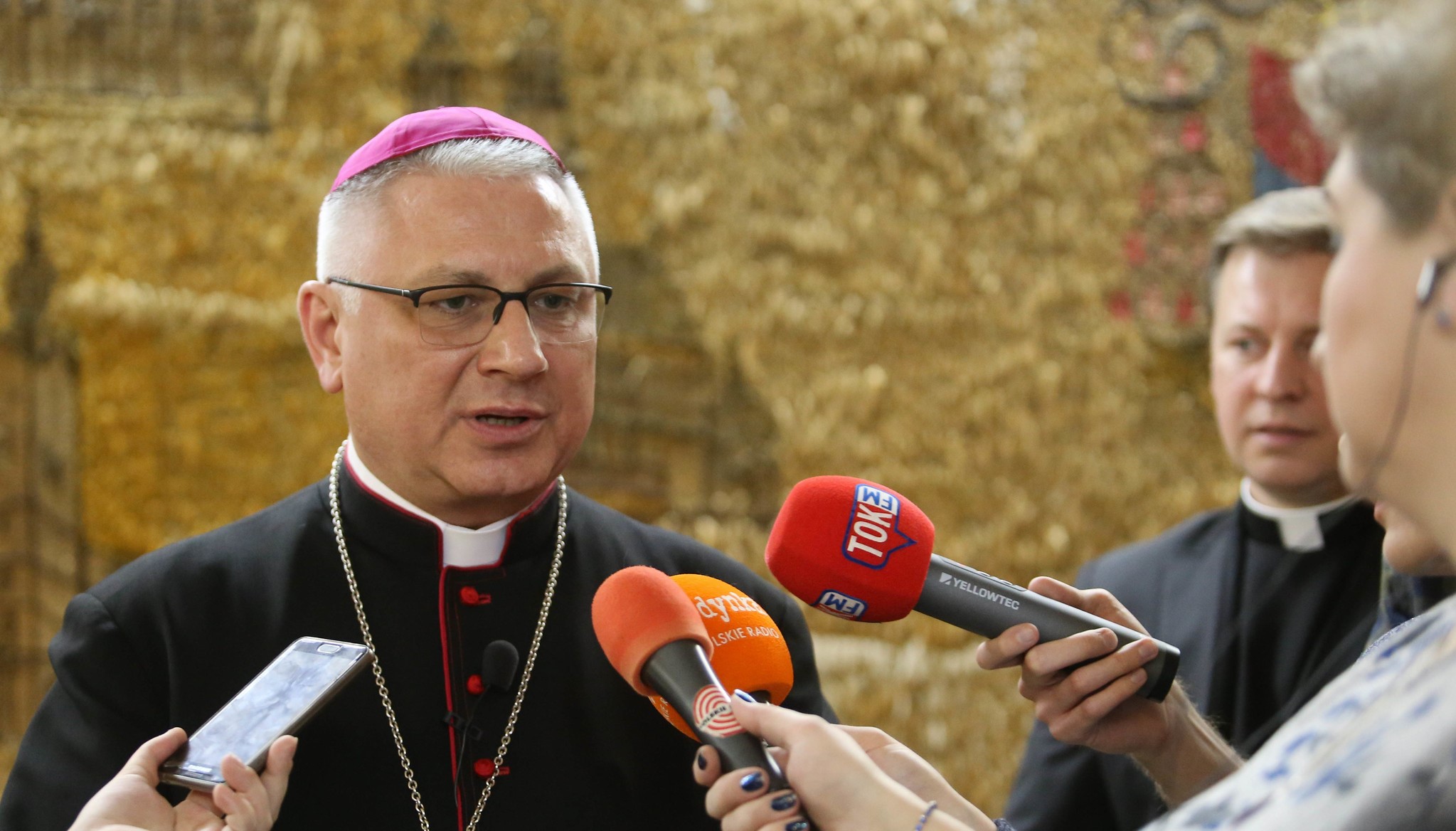
After Poland’s new education minister outlined plans to reduce state-funded teaching of Catholic catechism in public schools, a senior church official has called for dialogue on any such changes. He notes that religious teaching in schools is guaranteed in Poland’s agreement with the Vatican.
The new coalition government has pledged to create a clearer line between church and state following eight years of rule by the national-conservative Law and Justice (PiS) party.
On Wednesday, the same day that Poland’s new government was sworn into office, incoming education minister Barbara Nowacka said in an interview with broadcaster TVN that she would like to see the number of state-funded catechism classes halved to one hour a week.
The education minister in Poland’s new government says she wants to cut state-funded Catholic catechism classes in public schools to one hour a week.
If parents or local authorities want more, they will have to fund them themselves, says @barbaraanowacka https://t.co/FTjmzeaDLu
— Notes from Poland 🇵🇱 (@notesfrompoland) December 14, 2023
The classes, which are optional but attended by most pupils, are hosted and funded by public schools but with teachers and curriculums chosen by the Catholic church.
Nowacka argued that “two hours of religion lessons is excessive” given that it is more than pupils have for some other academic subjects.
“I will therefore propose to limit religion lessons to one hour paid from the state budget,” she told TNV. “If there is a decision by the local authorities [or] by the parents, that they would like more of these hours, it will be their decision, including a financial decision.”
Wrocław, Poland’s third-largest city, has called for an end to municipal funding for Catholic catechism classes in schools.
It says it spends millions of zloty a year on the lessons even though only a minority of pupils now attend them https://t.co/q11Cqxu2BN
— Notes from Poland 🇵🇱 (@notesfrompoland) October 21, 2023
The minister said that she also wants to ensure that the lessons are always held at the beginning or the end of a day, so that pupils who do not attend do not have to wait around in school. And she wants catechism grades not to appear on end-of-year reports or be included in grade averages.
In response to Nowacka’s remarks, Artur Miziński, the general secretary of the Polish Bishops’ Conference (KEP), the central organ of the Catholic church in Poland, said that “any work on this should be carried out primarily in dialogue with the church”.
“If these are the expectations of the government, if such a bill is created, joint considerations will be undertaken,” Miziński told the Polish Press Agency (PAP).
KEP: nauczanie katechezy w szkole gwarantuje Konkordat. Prace nad tym powinny być uzgadniane z Kościołem#PAPinformacje https://t.co/qlCtkrAgnh@EpiskopatNews @barbaraanowacka
— PAP (@PAPinformacje) December 14, 2023
However, he added that Nowacka’s proposal was “only the first voice” in the discussion on this issue, which “has not, as far as I know, been discussed even within the new government, much less with the church”.
“So it is not clear whether her voice will be universally accepted – it is a matter of the minister’s personal conviction,” said Miziński. Poland’s new government is a diverse coalition, ranging from the anti-clerical left to the conservative centre-right.
Miziński also noted that the presence of catechism classes in schools is required under the terms of the concordat Poland signed with the Vatican in 1993.
The Left has set out plans to end the „toxic relationship” between church and state
It includes ending Catholic catechism classes in schools, abolishing the crime of offending religious feelings, banning exorcisms on minors and renegotiating the concordat https://t.co/n7TAMPlu6w
— Notes from Poland 🇵🇱 (@notesfrompoland) July 31, 2023
However, he acknowledged that, within that framework, issues such as the number of hours of teaching, when they take place, and if they count towards grade averages can be adjusted. “If such proposals are put forward by the government, the church is always open to discussion”.
But, he added, “it has to be something supported by the majority…[and] I believe the desire of most parents, Catholics, and the majority of society is for catechism in schools to be provided”.
A poll last year by IBRiS found that 44% of Poles want religion classes removed from schools entirely. In 2019, a Kantar poll found that 66% want religion classes to be funded by the church and another, by SW Research, found that 55.5% wanted to end state funding for the classes.
Across Poland as a whole, over 80% of pupils in schools and preschools attended the optional classes in the 2021/22 school year. The 2021 national census showed that 71% of the country’s population identify as Catholics.
The proportion of people in Poland identifying as Roman Catholics has fallen to 71% in the latest national census, down from 88% a decade earlier https://t.co/Li5vSX5IIO
— Notes from Poland 🇵🇱 (@notesfrompoland) September 29, 2023
“Poles, most of whom are Catholics, want their children to learn religion at school,” Piotr Uściński, who served as a deputy minister in the former PiS government, told PAP. “If someone does not want their child to attend religious classes at school, they are not obliged to do so.”
He called Nowacka’s proposals part of “an ideological war that the new [government] wants to wage against the Polish people”.
Attendance at the classes has been declining in recent years, in particular in large towns and cities. Last year, only 29% of high school students in Warsaw opted in for the lessons. Two cities, Wrocław and Częstochowa, have asked to be released from their obligation to fund the subject.

Notes from Poland is run by a small editorial team and published by an independent, non-profit foundation that is funded through donations from our readers. We cannot do what we do without your support.
Main image credit: EpiskopatNews/Flickr (under CC BY-NC-SA 2.0)

Alicja Ptak is senior editor at Notes from Poland and a multimedia journalist. She previously worked for Reuters.


